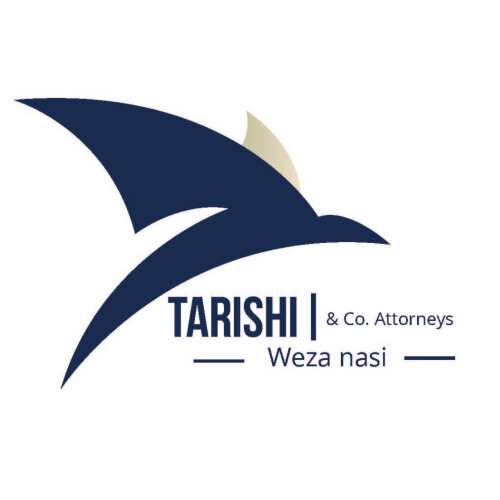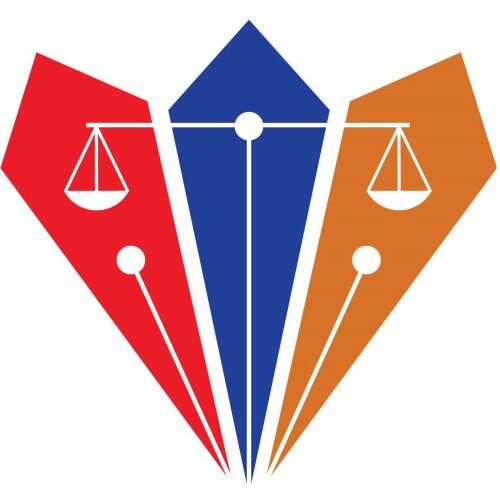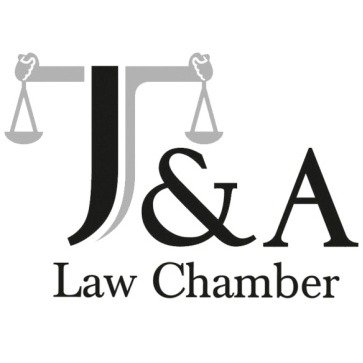Best FDA Law Lawyers in Tanzania
Share your needs with us, get contacted by law firms.
Free. Takes 2 min.
Or refine your search by selecting a city:
List of the best lawyers in Tanzania
About FDA Law in Tanzania
FDA Law in Tanzania refers to the legal framework that governs the regulation, registration, importation, manufacture, distribution, and marketing of food, drugs, cosmetics, and medical devices within the country. The sector is primarily regulated by the Tanzania Food and Drugs Authority (TFDA) under the Food, Drugs and Cosmetics Act, Cap. 219, along with subsidiary regulations and guidelines. FDA Law aims to ensure the safety, quality, and efficacy of products consumed or used by the public, protecting public health while promoting fair trade in these sectors.
Why You May Need a Lawyer
Individuals and businesses may need a lawyer specializing in FDA Law in several situations such as:
- Registering a new pharmaceutical, medical device or food product with the TFDA
- Facing enforcement actions, fines, or product recalls initiated by regulators
- Importing or exporting regulated products across borders
- Setting up a new manufacturing or distribution facility for regulated products
- Navigating compliance inspections or audits by regulatory authorities
- Handling disputes arising from product liability or consumer complaints
- Drafting, reviewing, or negotiating contracts with suppliers or distributors
- Understanding and applying for licenses or permits required for business operations
- Responding to notices of non-compliance or legal charges
A lawyer helps interpret complex regulations, prevents costly legal issues, and represents clients in proceedings with the authorities or in courts.
Local Laws Overview
In Tanzania, the regulation of food, drugs, cosmetics, and medical devices is mainly handled by the Tanzania Food and Drugs Authority (TFDA). The principal law is the Food, Drugs and Cosmetics Act, Cap. 219, which gives the TFDA powers to regulate, approve, and monitor all related products. Key aspects include:
- Mandatory registration and approval for imports, manufacture, and distribution of regulated products
- Product labelling and packaging requirements for consumer protection
- Good Manufacturing Practice (GMP) and quality assurance standards
- Inspection, monitoring, and testing of products to ensure safety and efficacy
- Enforcement powers for product recall, seizure, fines, and prosecution
- Permit and licensing requirements for businesses operating in the sector
- Advertising and promotional restrictions to avoid false or misleading claims
- Reporting of adverse events and systems for pharmacovigilance
Non-compliance can have serious consequences, including fines, closure of businesses, revocation of licenses, or criminal prosecution.
Frequently Asked Questions
What products are regulated under FDA Law in Tanzania?
Products regulated under FDA Law include food, pharmaceuticals, herbal medicines, medical devices, cosmetics, veterinary products, and any related accessories.
Do I need to register my product with the TFDA before selling it?
Yes, all drugs, medical devices, foods, and cosmetics must be registered with the TFDA before being placed in the Tanzanian market. Unregistered products can be confiscated, and sellers may face penalties.
How long does the product registration process take?
The registration time can vary depending on the product type and completeness of documentation. Generally, it may take several months as the TFDA evaluates the safety, quality, and efficacy data.
What documents are needed for product registration?
Common requirements include a completed application form, product samples, certificates of analysis, manufacturing information, labeling details, and payment of relevant fees. Additional specific documents may be needed based on the product.
What happens if my product fails a quality or safety test?
If a product fails quality or safety checks, you may be required to recall it from the market, face fines, or have your license suspended or revoked. Legal advice is recommended in such cases.
Can I import a medical device without registering it?
No, all medical devices must be registered and approved by the TFDA before importation or sale in Tanzania.
Are there penalties for non-compliance with TFDA regulations?
Yes, penalties can include fines, imprisonment, product seizure, cancellation of licenses, and business closure depending on the nature and severity of the violation.
How often are inspections conducted by TFDA?
Inspections are conducted regularly, both scheduled and unannounced, to ensure ongoing compliance with standards in manufacturing, storage, and distribution.
Can local herbal medicines be sold without registration?
Herbal medicines, like all medicines or therapeutic products, must be registered with the TFDA regardless of origin to ensure safety and efficacy.
What should I do if I receive a non-compliance notice from TFDA?
You should respond promptly and seek legal advice. Address the issues highlighted in the notice, confirm corrective actions, and communicate with the TFDA to resolve the matter.
Additional Resources
If you are looking for more information or support regarding FDA Law in Tanzania, consider the following:
- Tanzania Food and Drugs Authority (TFDA) - The national regulatory body for food, drugs, cosmetics, and medical devices
- Ministry of Health, Community Development, Gender, Elderly and Children - For policies and updates on health and safety matters
- Tanzania Chamber of Commerce, Industry and Agriculture (TCCIA) - For business support and compliance advice
- Local law firms specializing in regulatory law and intellectual property
- Pharmaceutical Society of Tanzania and Tanzania Association of Pharmaceutical Industries
- World Health Organization (Tanzania Country Office) - For global best practices and standards
Next Steps
If you believe you need legal assistance for an issue related to FDA Law in Tanzania, follow these steps:
- Gather all relevant documents, including registration certificates, correspondence from authorities, product labels, and any non-compliance notices
- Identify and consult with a qualified lawyer or law firm that has experience in FDA Law and regulatory compliance in Tanzania
- Clearly outline your situation, objectives, and any questions when you first meet your lawyer
- Follow your lawyer's guidance on compliance steps, regulatory submissions, or dispute resolution
- Stay proactive by regularly reviewing legal and regulatory updates affecting your sector
- Engage with professional associations or networks for ongoing compliance support
Seeking timely legal advice can prevent more serious problems and help ensure your business operates lawfully and successfully in the Tanzanian market.
Lawzana helps you find the best lawyers and law firms in Tanzania through a curated and pre-screened list of qualified legal professionals. Our platform offers rankings and detailed profiles of attorneys and law firms, allowing you to compare based on practice areas, including FDA Law, experience, and client feedback.
Each profile includes a description of the firm's areas of practice, client reviews, team members and partners, year of establishment, spoken languages, office locations, contact information, social media presence, and any published articles or resources. Most firms on our platform speak English and are experienced in both local and international legal matters.
Get a quote from top-rated law firms in Tanzania — quickly, securely, and without unnecessary hassle.
Disclaimer:
The information provided on this page is for general informational purposes only and does not constitute legal advice. While we strive to ensure the accuracy and relevance of the content, legal information may change over time, and interpretations of the law can vary. You should always consult with a qualified legal professional for advice specific to your situation.
We disclaim all liability for actions taken or not taken based on the content of this page. If you believe any information is incorrect or outdated, please contact us, and we will review and update it where appropriate.
Browse fda law law firms by city in Tanzania
Refine your search by selecting a city.














